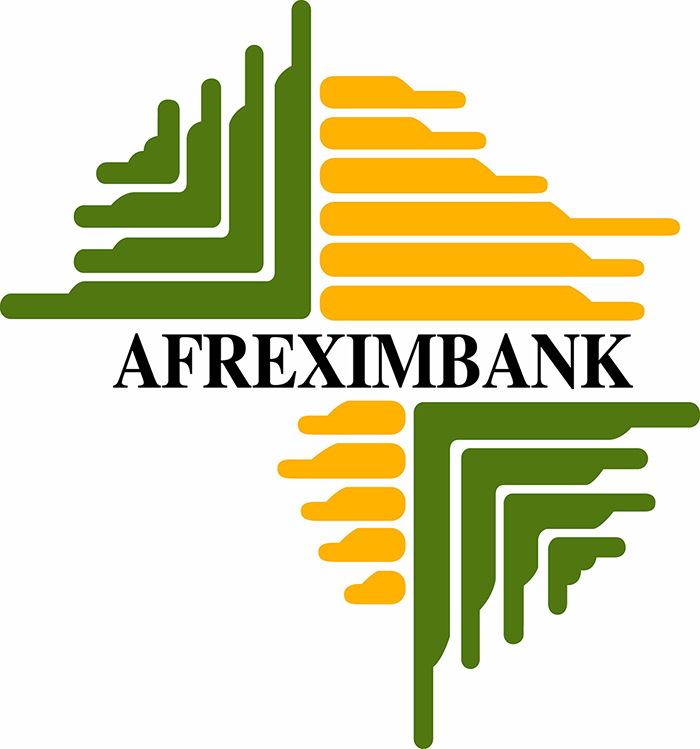 13 November 2014, Lagos – Regulators fined five major banks $3.4 billion for failing to stop traders from trying to manipulate the foreign exchange market, the first settlement in a year-long global investigation.
13 November 2014, Lagos – Regulators fined five major banks $3.4 billion for failing to stop traders from trying to manipulate the foreign exchange market, the first settlement in a year-long global investigation.
UBS and Citigroup, Royal Bank of Scotland and JP Morgan all face penalties resulting from the probe that has also put the largely unregulated $5 trillion-a-day market on a tighter leash. One regulator gave banks a 30 percent discount for settling early.
In the latest scandal to hit the financial services industry, dealers shared confidential information about client orders and coordinated trades to make money from a foreign exchange benchmark used by asset managers and corporate treasurers to value their holdings. Dozens of traders have been fired or suspended.
Dealers used code names to identify clients without naming them and created online chatrooms with pseudonyms such as “the players”, “the 3 musketeers” and “1 team, 1 dream” in which to swap information. Those not involved were belittled. Switzerland’s UBS swallowed the biggest penalty paying $661 million to Britain’s Financial Conduct Authority (FCA) and the U.S. Commodity Futures Trading Commission (CFTC).
UBS was also ordered by Swiss regulator FINMA, which also said it had found serious misconduct in precious metals trading, to hand over 134 million Swiss francs after failing to investigate a 2010 whistleblower’s report.
The misconduct at the banks stretched back to the previous decade and up until October 2013, over a year after U.S. and British authorities started punishing banks for rigging the London interbank offered rate (Libor), an interest rate benchmark.
RBS, which is 80 percent owned by the British government, received client complaints about foreign exchange trading as far back as 2010. The bank said it regretted not responding more quickly to the complaints. The other banks were similarly apologetic. Their shares were under pressure in European trading.
Reflecting exasperation that banks failed to stop the activity despite pledges to overhaul their culture and controls, the FCA levied a $1.7 billon fine, the biggest in the history of the City, but gave a 30 percent discount for early settlement.
The FCA also launched a review of the spot FX industry that will require firms to scrutinise trading and compliance and may involve looking at other markets such as derivatives and precious metals.
“Today’s record fines mark the gravity of the failings we found and firms need to take responsibility for putting it right,” the FCA’s Chief Executive Martin Wheatley said.
“They must make sure their traders do not game the system to boost profits or leave the ethics of their conduct to compliance to worry about.”Barclays, which had been in settlement talks with both the FCA and the CFTC, made a “commercial decision” to pull out of the discussions, the FCA said. Its investigation of the banks continues. The FCA said its enforcement activities were focused on the five banks plus Barclays, signalling that Deutsche Bank would not face a fine from it.
Lenders are expecting more penalties, however, with the U.S. Department of Justice and New York’s Department of Financial Services still investigating the scandal. Britain’s Serious Fraud Office is also investigating and there is the threat of civil litigation from disgruntled customers.
The CFTC, which regulates swaps and futures in the United States, fined the five banks more than $1.4 billion as part of Wednesday’s group settlement. Since 2012 financial firms have been fined nearly $10 billion for rigging market benchmarks.



